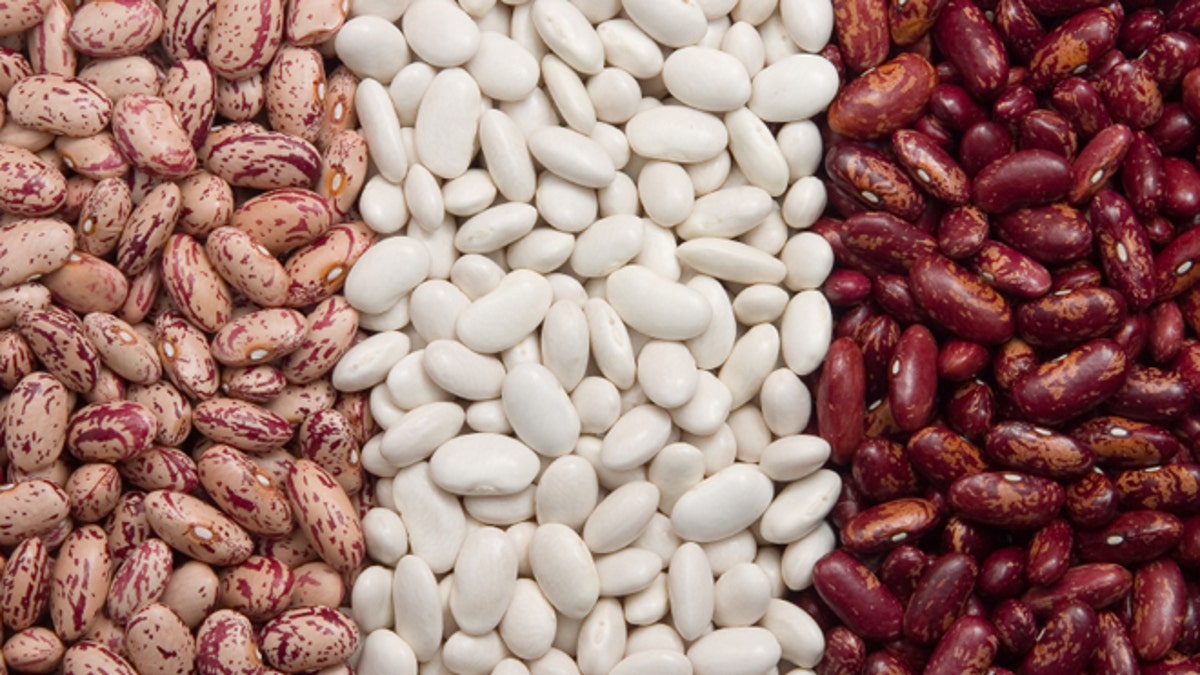
Background of three kinds of kidney beans (iStock)
In the world of nutrition, it is difficult to study a nutrient in isolation - that is not how a real diet works. People never eat only one nutrient or one single food.
That said, we can confidently state that a diet low in fiber signals bad health. Fiber describes a huge variety of carbohydrates found in plants that humans are unable to digest. Though human cells are unable to digest fiber, it still fuels our bodies by serving as the primary food source for the microbacteria in our gut.
It has been stated that humans have ten times more bacterial cells than human cells in their body. New research suggests that, in reality, humans are made up of equal parts, meaning half the cells in our body can live off of fiber. When gut bacteria digest fiber, numerous byproducts are produced that nourish our own cells. Notably, these compounds ward off inflammation, which is the first stage of most disease states.
When you eat too little fiber, your gut microbes starve and die. According to new research from Stanford, a prolonged fiber-deficient diet may cause the permanent absence of those friendly gut bacteria. You can get a fecal transplant, which involves transferring stool from a healthy person into your gut, but that process doesn’t sound too appealing. To keep the gut bacteria in your body healthy and thriving and promote overall health, keep these tips in mind:
- Dietary Guidelines for Americans recommend 25-30 grams of fiber per day for women and 38 grams of fiber per day for men
- A diet rich in fiber emphasizes vegetables, fruits, beans and legumes, whole grains, nuts and seeds
- Adequate fiber intake supports digestion, regularity and a healthy hip-to-waist ratio
- Excellent sources of fiber include beans (navy, white, French), berries (elderberries, raspberries, blackberries) and vegetables (mustard greens, Brussels sprouts, kohlrabi)
- Because it is indigestible, fiber fills you up for zero calories to support weight loss
Achieving 30 grams of fiber each day is easy once you know what foods to select. Fill up on high fiber cereal, berries or scrambled eggs made with fresh vegetables in the morning. Add a salad with beans, a lentil soup or a small pear throughout the day to easily ensure you meet fiber recommendations and reap the benefits of this powerful nutrient.
